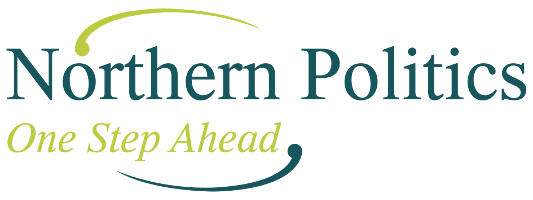Over the next year all party leaders will be seeking to define the key issues that the election will be fought on.
In light of the annual budget today, we can see that political parties economic credibility is of paramount importance when trying to determine the outcome of the next general election.
David Cameron will argue that the recent growth and falling unemployment shows that the Conservative led coalition has an economic plan that is working.
Ed Miliband will focus on living standards, arguing that prices are rising faster than wages and that this recovery is too centred around higher earners, and not the majority of people on middle and lower incomes.
For Nick Clegg it is a little harder. Having presided over a government where growth has risen and unemployment has fallen, he will have to show how the Liberal Democrats have contributed to this success.
However the Lib Dems will need to be cautious in their praise of the government’s actions as they may well be filing for divorce from the Tories after the next election. They have constantly reminded voters of their raising of the tax threshold to £10,000, which was their key manifesto pledges in 2010.
If we wind back to last year’s budget, every single economic forecast was downgraded and the Chancellor had an uncomfortable hour in the House of Commons whilst Ed Miliband branded it a “downgraded budget” from a “downgraded chancellor”.
With higher forecasts met in 2014, George Osborne can breathe a sigh of relief (or even a leap of joy) as his credibility on the economy seems to have taken a turn for the better. But whilst the economy is central to the election campagins in 2015, it is no guarantee of success at the 2015 election.
Not only are the polls hinting at a very uncertain result but other issues in Health, Education the Environment and Europe will be highly influential when voters come to decide which party they most trust, if any.




Leave A Comment